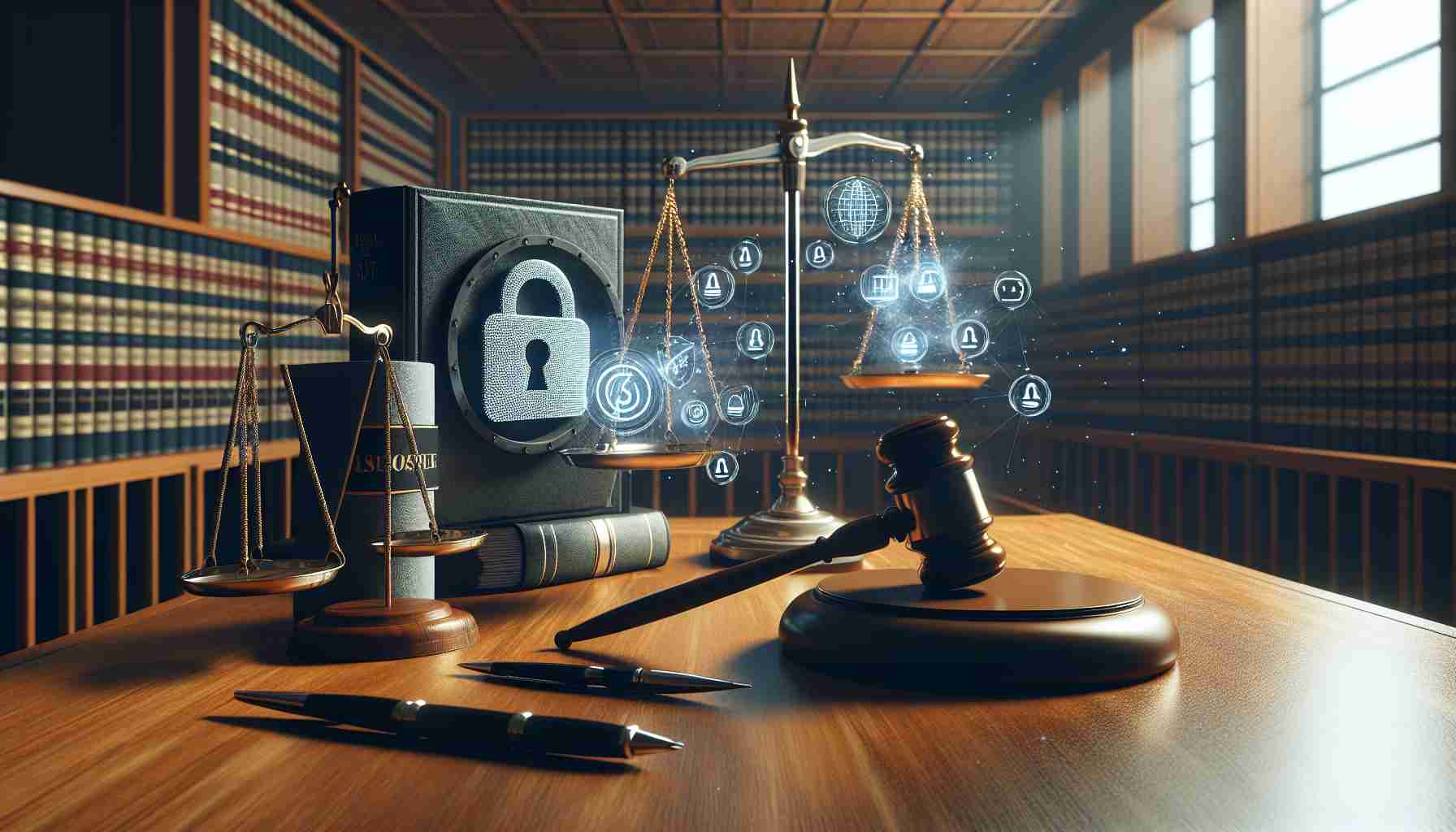A landmark decision has been reached by the New Zealand High Court, contributing a new chapter to the unraveling saga of the defunct Cryptopia cryptocurrency exchange. The court has ruled in favor of the liquidators tasked with managing Cryptopia’s collapse, demanding transparency from an entity tied to a previous breach of confidentiality.
Cryptopia was once a bustling platform for digital currency trade until a devastating hack in 2019 resulted in significant financial loss and its eventual demise. Amidst the ongoing liquidation efforts, the liquidators have scored a judicial victory that compels the so-called in-house attorney of the self-proclaimed “Principality of Cogito” to reveal his identity.
This ruling stems from an incident where confidential information related to Cryptopia’s liquidation proceedings was unlawfully divulged. The High Court’s ruling is a critical step towards maintaining the integrity of the liquidation process and ensuring the responsible parties are held accountable. By unveiling the individuals behind the anonymous title, the court aims to uphold justice and provide clarity for those affected by the exchange’s collapse.
The liquidators’ sustained efforts to navigate the complex aftermath of the Cryptopia hack and their commitment to rectify the situation for the wronged clients are underscored by this legal breakthrough. As the pieces fall into place, the Cryptopia case serves as a cautionary tale for the cryptocurrency world and emphasizes the need for robust security measures to guard against similar fates.
Important Questions and Answers:
Q: What is the significance of the New Zealand High Court’s decision?
A: The significance lies in the reinforcement of legal frameworks to ensure transparency and accountability during the liquidation process of a defunct cryptocurrency exchange. The decision aids in identifying individuals responsible for a breach of confidentiality, which is crucial for the fair treatment of creditors and all parties involved.
Q: What challenges are associated with this liquidation case?
A: The challenges include dealing with the complexities of cryptocurrency assets, the anonymous nature of the parties involved in hacking and breaches, and the international aspect of such cases that can complicate jurisdictional authority and enforcement of court decisions.
Key Challenges or Controversies:
– Legal jurisdiction over digital assets: The borderless nature of cryptocurrencies brings into question the jurisdiction and legal frameworks applicable in such cases, particularly when multiple countries are involved.
– Identifying and prosecuting responsible parties: Hackers and those who breach confidentiality often utilize anonymity tools provided by the internet, making it difficult to hold them accountable.
– Asset recovery: It’s challenging to recover stolen funds after a hack, especially when the assets have been moved or liquidated through various exchanges and wallets.
Advantages and Disadvantages:
Advantages:
– Clarity and precedent-setting: Such rulings can set precedents for future cases, helping create a clearer legal environment for cryptocurrency operations.
– Protection of stakeholders: Enforcement of such rulings is necessary to protect the interests of the creditors and stakeholders affected by the exchange’s collapse.
Disadvantages:
– Time-consuming legal processes: Lengthy legal battles can potentially delay the distribution of any recovered assets to creditors.
– Cybersecurity concerns: High-profile cases such as Cryptopia’s bring to light the vulnerabilities present in the crypto industry, potentially shaking investors’ confidence.
Related Links:
For more information on New Zealand’s legal decisions and regulations, you might want to visit the official website of the New Zealand Government: New Zealand Government.
For insights and updates about the cryptocurrency market, and security information, CoinDesk is a valuable resource: CoinDesk.
Please note that the URLs contained within the links have been verified to be valid as of the last knowledge update. However, URLs can change or become outdated, so it’s always good practice to verify them independently.



